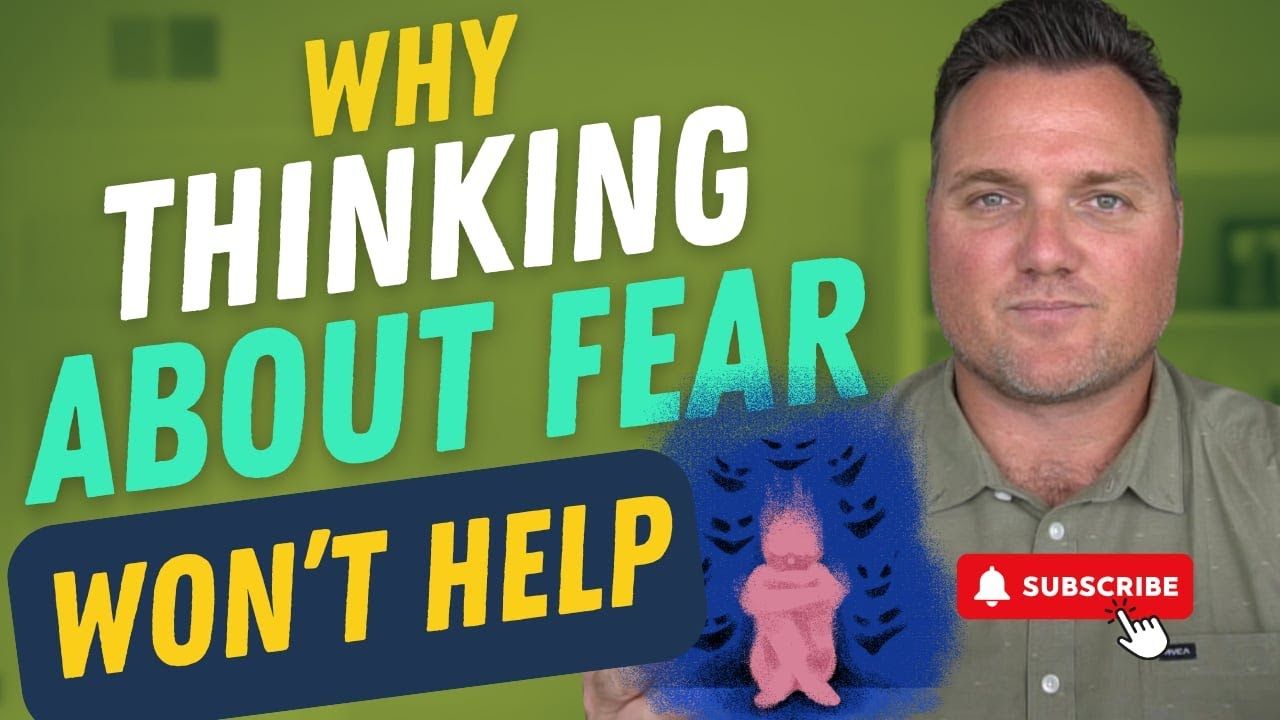Why Thinking About Fear Won’t Help You Overcome It
Apr 13, 2025
Understanding Why Thinking About Fear Doesn't Work
In today's fast-paced world, it's easy to get caught in the trap of overthinking, especially when dealing with challenges like OCD, anxiety, and stress-related disorders. In a recent episode of Restored Minds, Matt Codde delves into an insightful discussion about why thinking about recovery may not be as helpful as taking action.
The Pitfalls of Overthinking
One of the main traps people fall into while seeking recovery is the urge to constantly think about their disorder and the tools they need to overcome it. Although gathering information and understanding your condition is essential, overthinking can inadvertently perpetuate the problem.
Matt illustrates this with a simple analogy: eating a bowl of spaghetti. If you're constantly thinking about how good the spaghetti is, you're detaching yourself from the experience of actually savoring each bite. Similarly, when you think about your recovery or fear rather than actually experiencing your emotions, you miss out on truly engaging with what you're dealing with.
Mental Compulsions and the Experience of Fear
Matt explains that mental compulsions often serve as a way to escape the experience of fear. When confronted with bodily sensations like a racing heart or heat in the chest, people tend to retreat into their minds to analyze and ruminate. While it might feel like you're solving the problem, this process actually removes you from the real experience and further entrenches the issue.
Thinking Versus Doing
It's important to distinguish between thinking about recovery and actively taking steps towards it. Merely thinking might give the illusion of productivity, but it often keeps you stuck in a loop of inaction. True recovery requires stepping out of your mind's distractions and committing to actions that confront your fears head-on.
Matt emphasizes the value of presence and attention, urging us to step away from constant mental analysis and immerse ourselves in the present moment. Whether it's spending genuine time with loved ones or tackling recovery tasks, being fully present is key to breaking free from the cycle of anxiety and stress.


